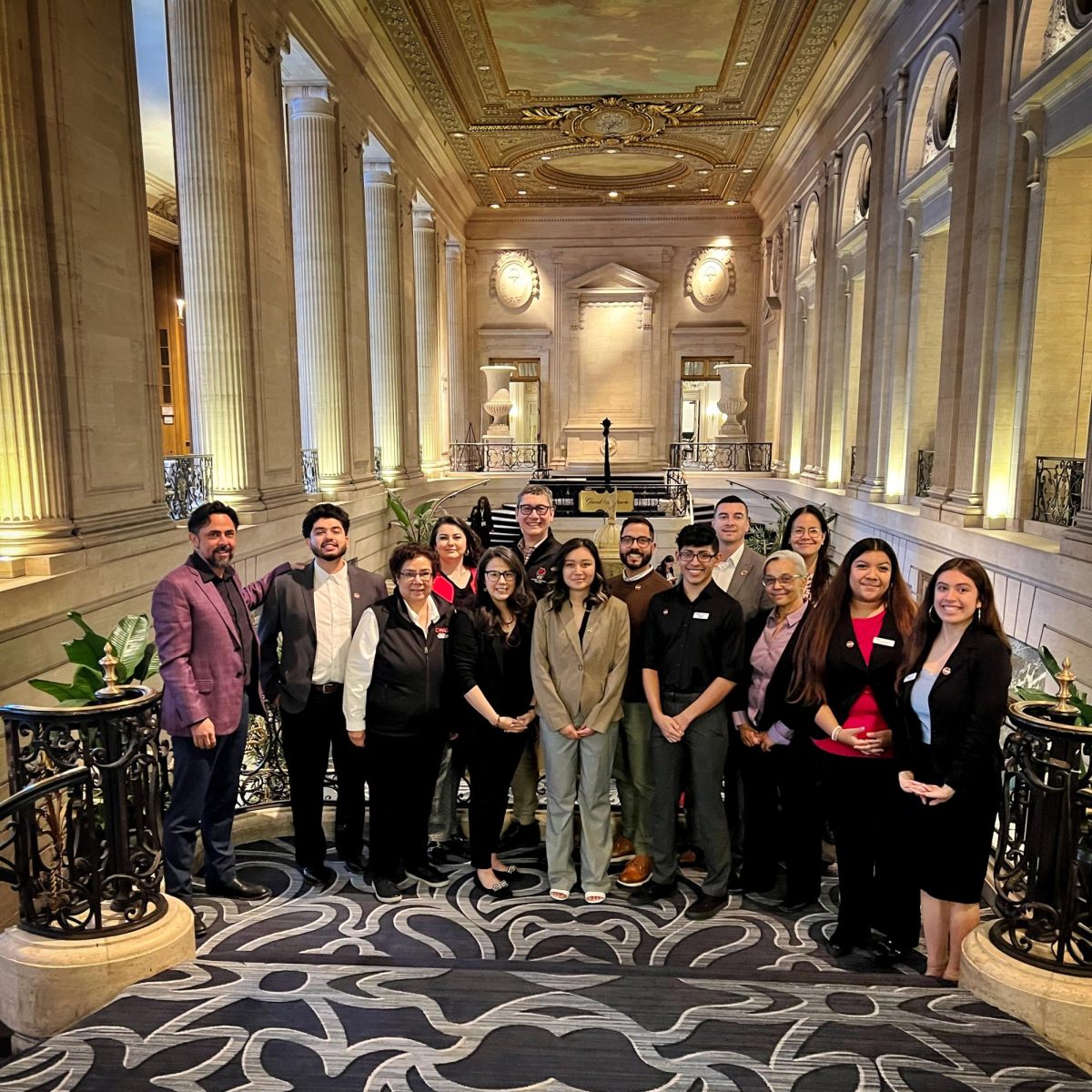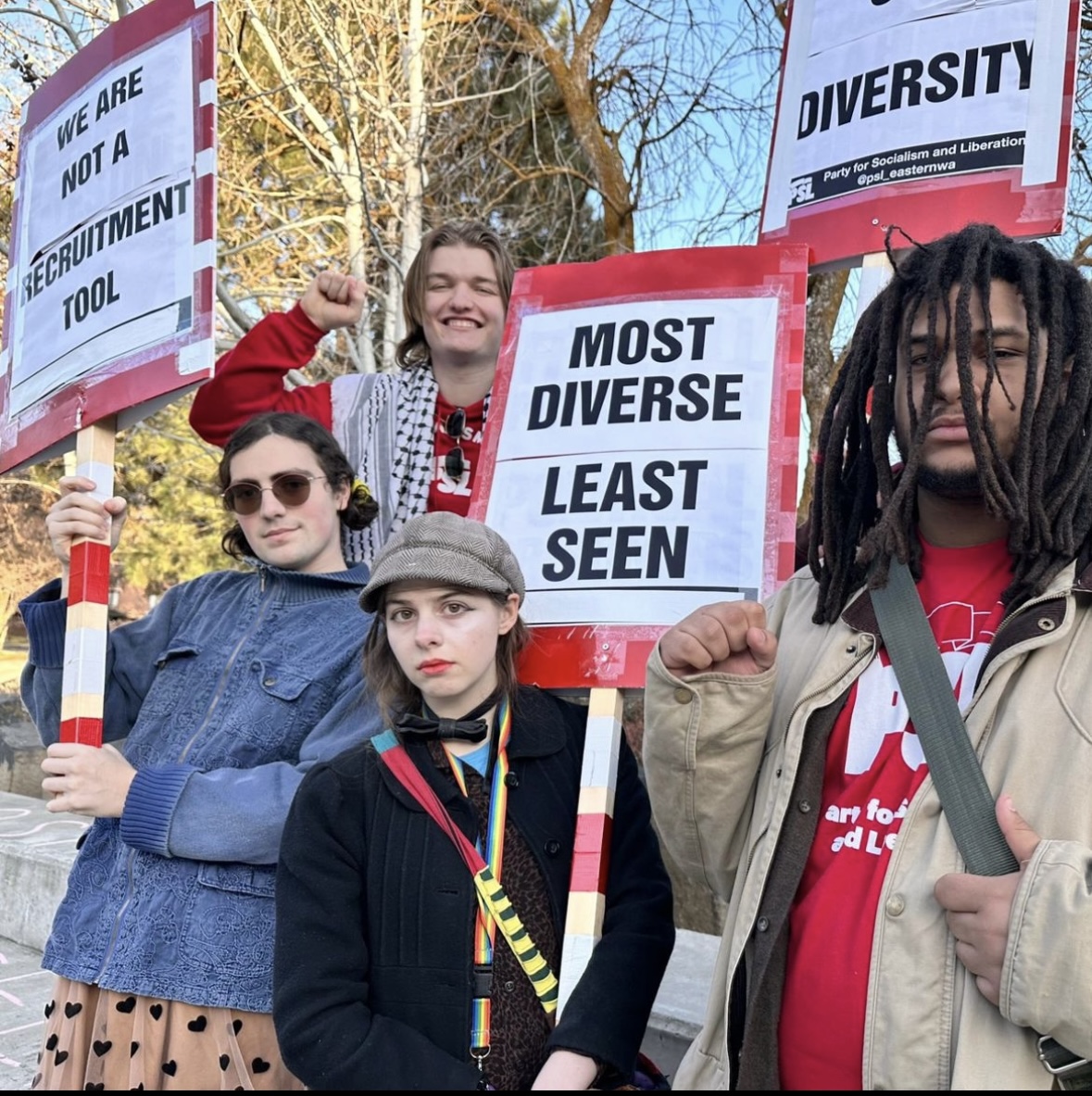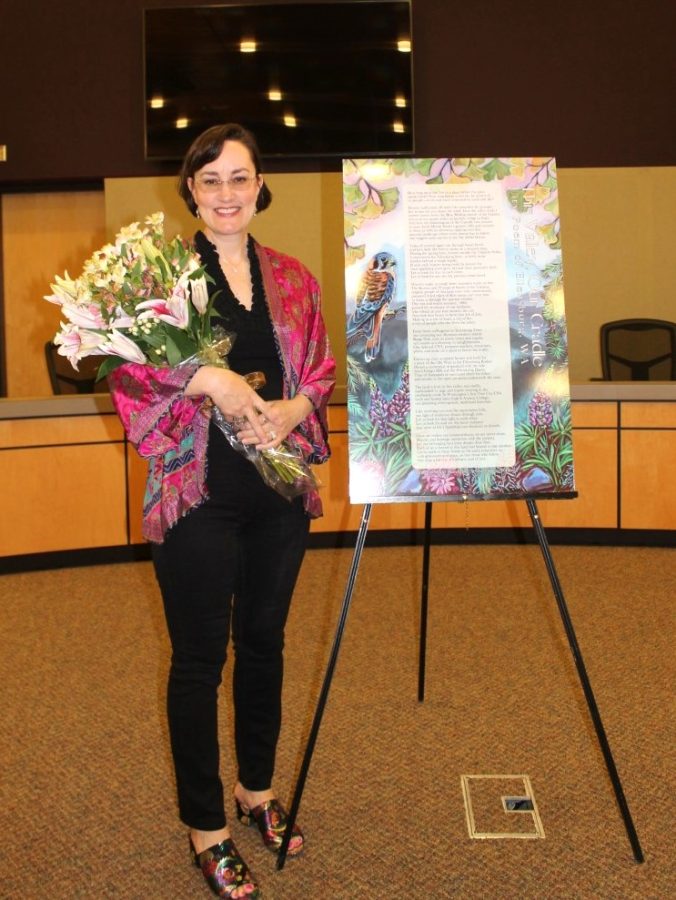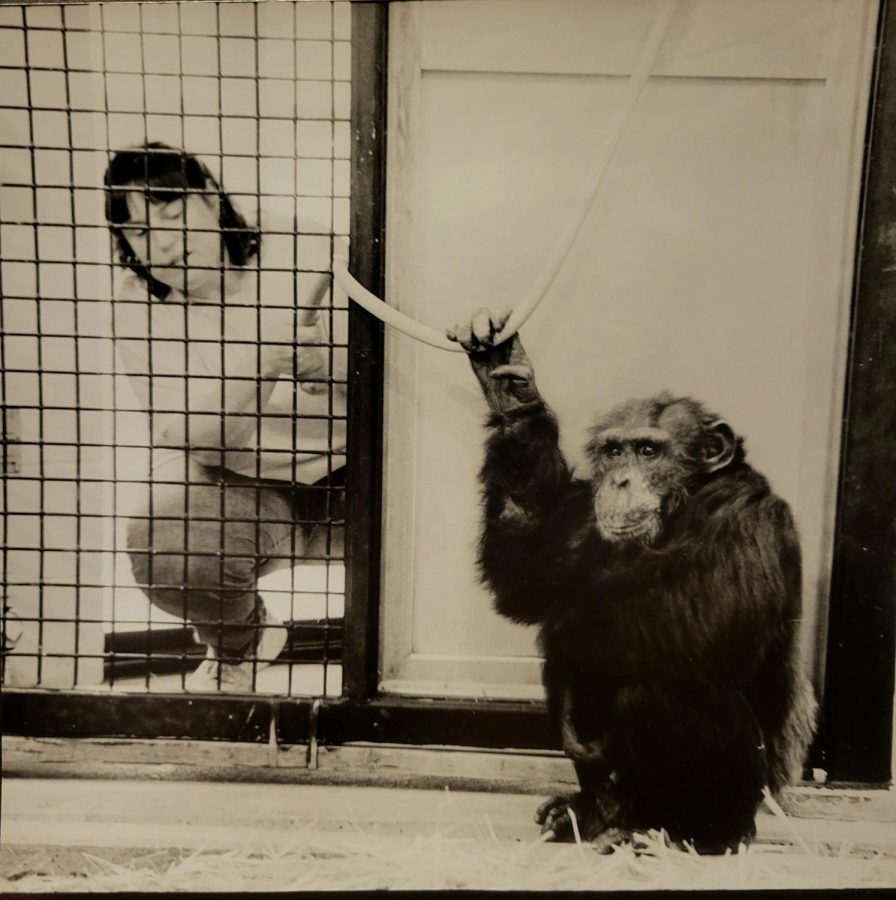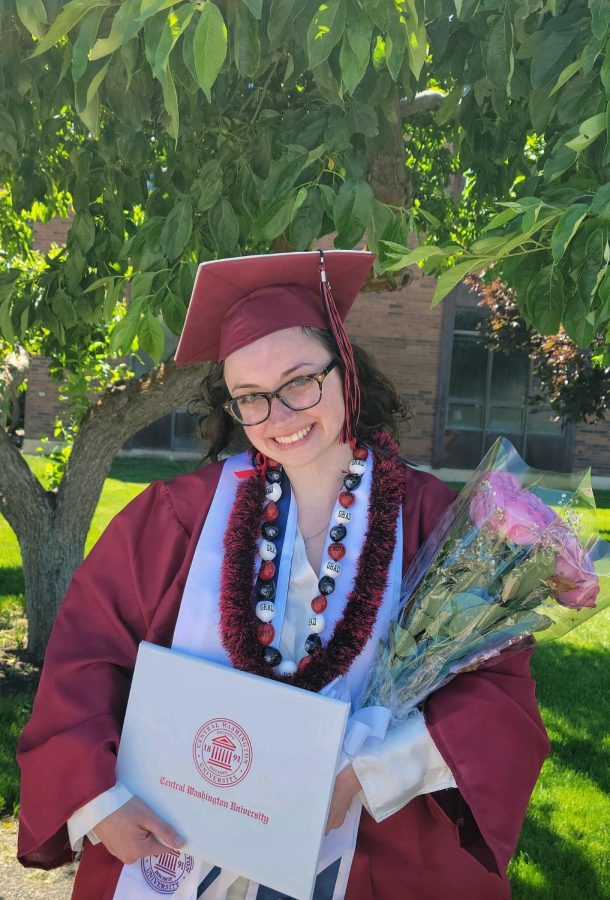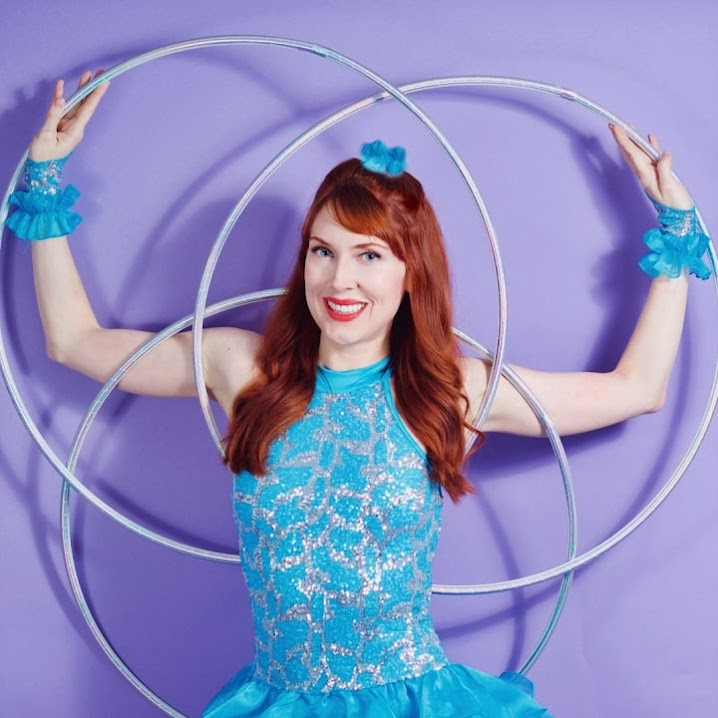BY JULIA MARTINEZ, staff reporter
Wednesday night in the Jerilyn S. McIntyre Music building, Edith Eger was met with a standing ovation following her powerful story about how she survived the Holocaust and what got her through those horrendous days.
Eger, an inspirational and vivacious clinical psychologist, has been traveling the world sharing her story of survival and giving out advice on how to maintain a good spirit and how to never give up. The Center for Diversity and Justice sponsored the event in honor of Jewish American Heritage Month.
As a very talented 16-year-old dancer, the Nazis took Eger and her family to Auschwitz, a concentration camp where Jewish people and many others were murdered, including her parents.
“I became a high achiever because I never thought I was good enough to survive,” said Eger, who received her Ph.D in the United States after many years of schooling and also noted that it was her mother’s wish to have her become educated.
“Our biggest concentration camp is in our own minds,” said Eger to a full theatre of listeners, as she also made small jokes and showed off her dance moves throughout the speech. She also explained that everything had the capability to be taken away from human beings, except the freedom to choose their own attitude.
Eger offered a different perspective, saying that Auschwitz was the best education she ever received; it taught her all the compassion she has today and that she is a better person because of it.
“I learned kindness, I also learned that all we had is each other then, and all we have is each other now, “ Eger said.
Eger said that the way she found “hope in hopelessness” during the difficult time in Auschwitz was by telling herself that is she survived that day, that the next day she would be free.
She learned to be the type of person who doesn’t say “why me?” but instead “what now?”
“Life is not easy, look up your birth certificate, there is no guarantee, there is no certainty, but there is possibility,” Eger said.
Those who attended also learned that there are not only two reactions to stress, fight or flee, but a third alternative, which Eger explained as “flow.” She couldn’t fight or she would be shot, she could not flee or she would be electrocuted, so she learned how to flow, which she explains made her a better survivor.
“They could beat me, and they did, they could torture me, but they can never, ever murder my spirit. “ Eger said.
After a very personal Q&A, where audience members were brought up to the stage to sit next to Eger and ask her anything, Eger stayed to greet individuals who wanted to meet her.
“Her experience and her story is just so valuable,” said 19-year-old Erika LaCarney. sociology, “She has so many insights, things that I’ve never thought about.”
Maggie Whiteman, 18, music performance, said she attended the event to get back to the “basics of what’s important in life.” Whiteman explained that as college students, we are clouded by grades and money and jobs, when instead we should be treating people right.
“I just loved hearing her personal story and also just what message she told everybody in the hall about which I think is very inspiring,” said Justin Winslow, 22, history major, “I might change part of me because of what she was talking about.”



